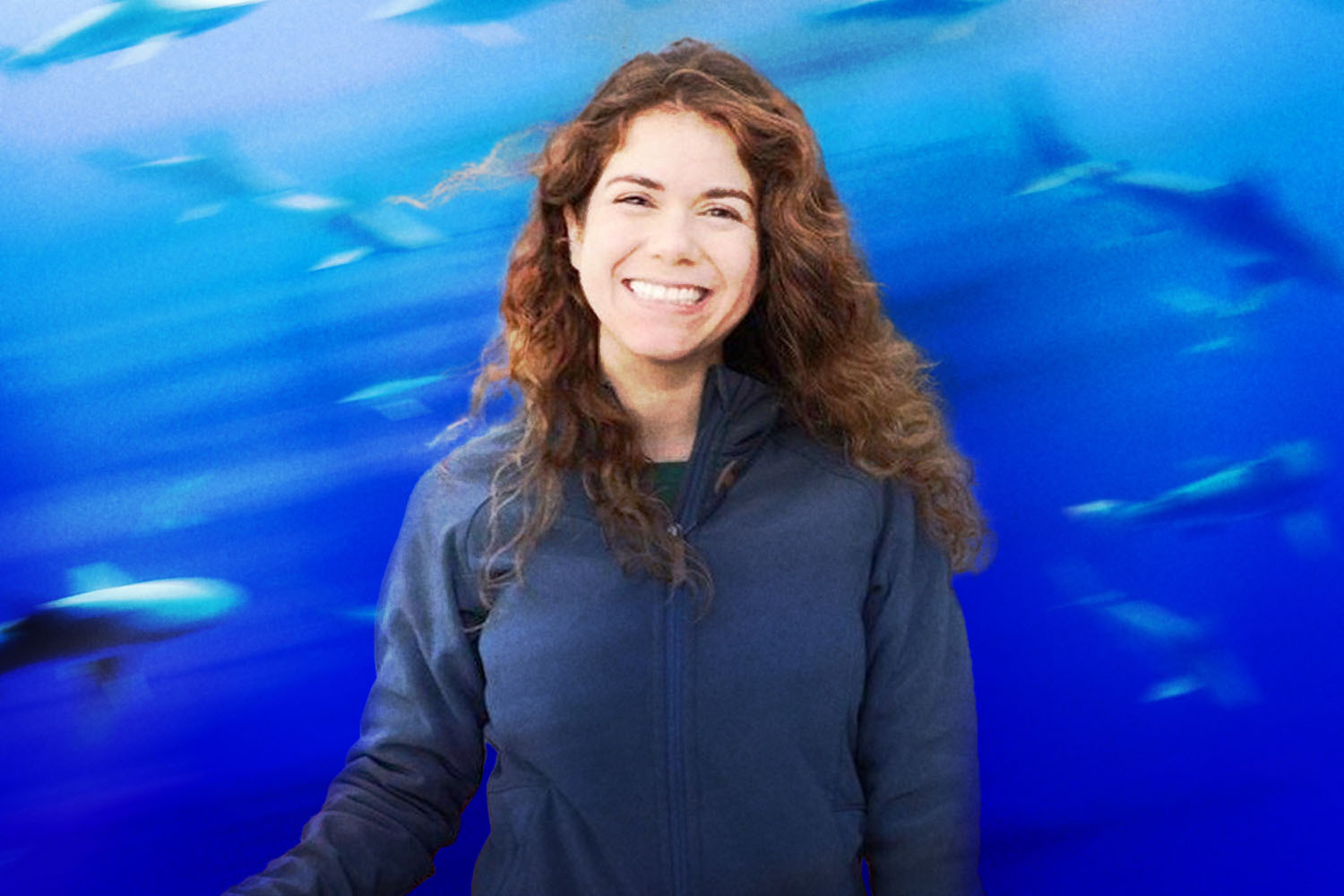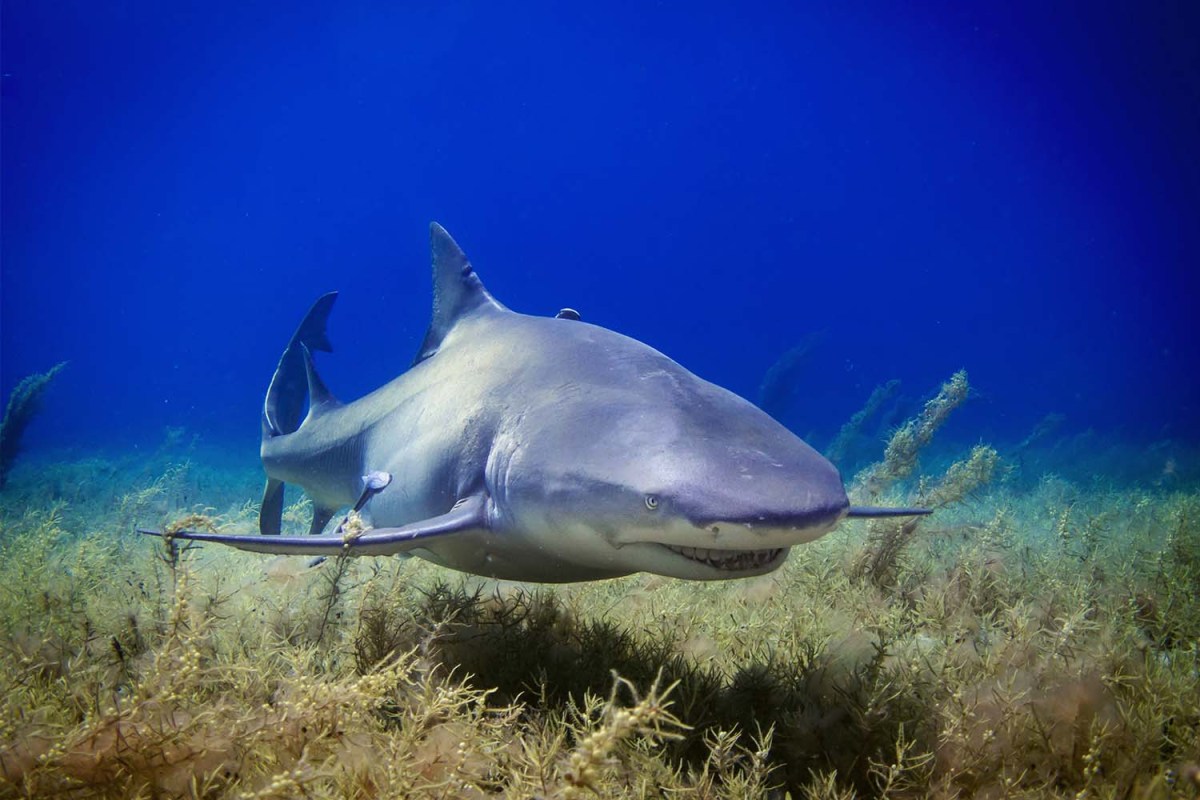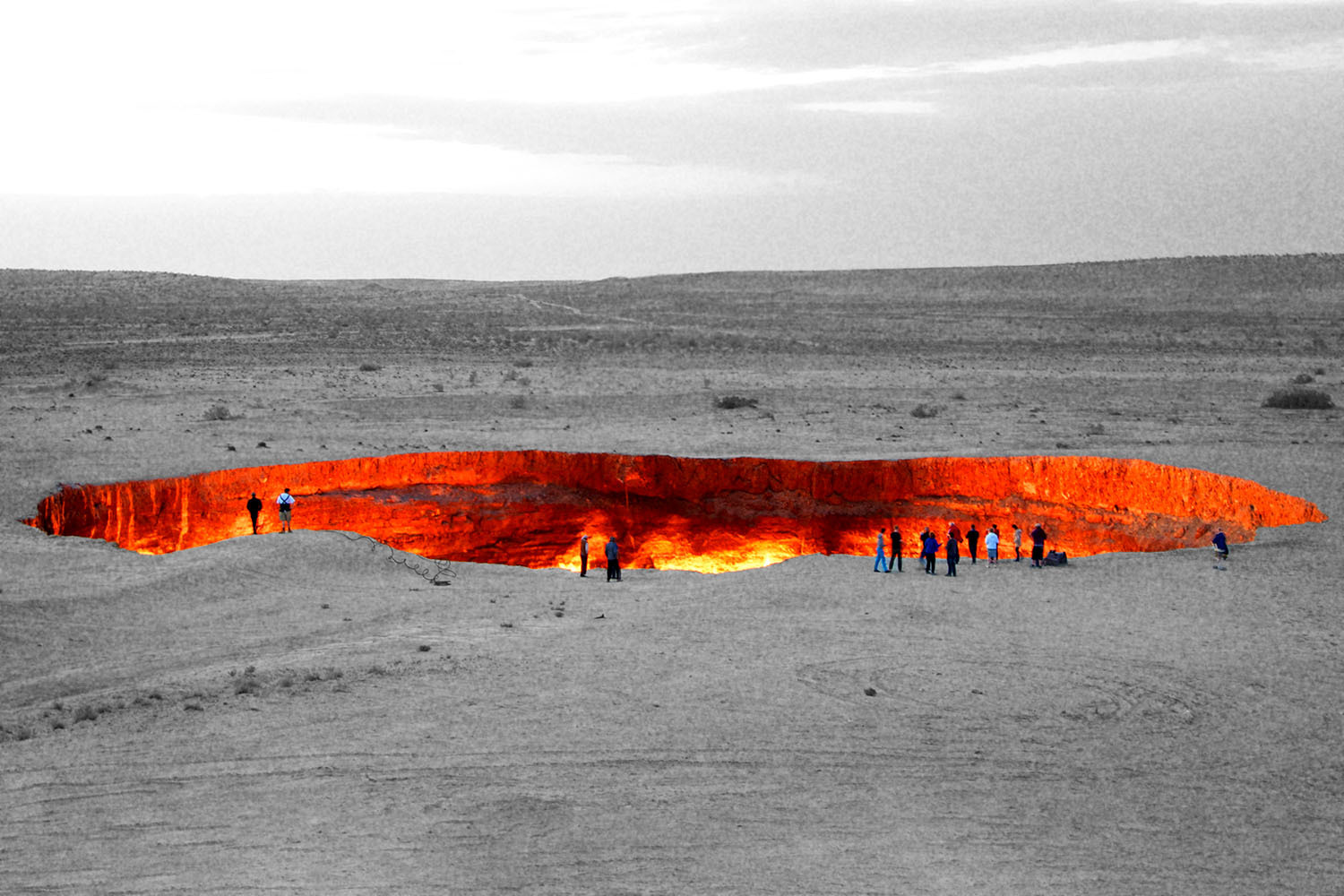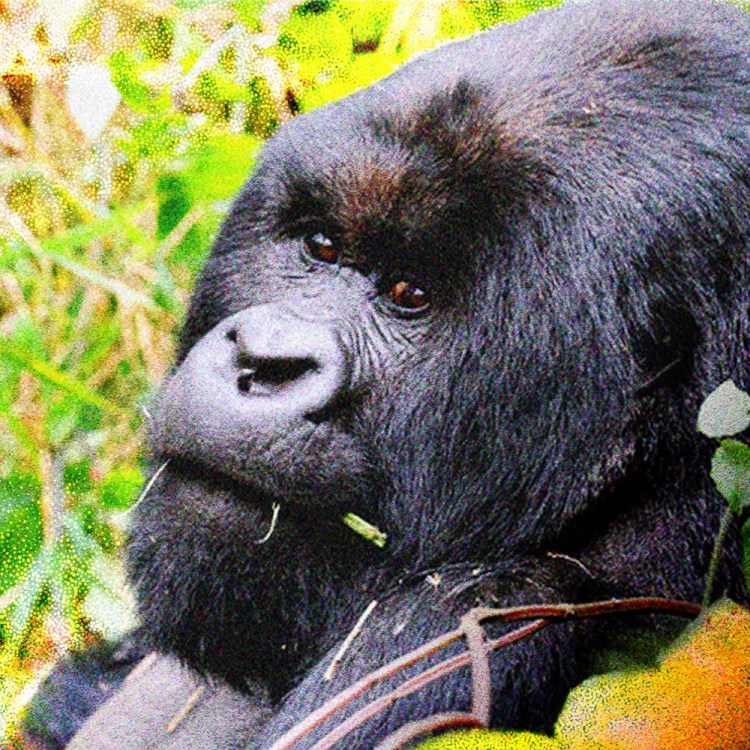Did you know that there are over 500 species of sharks in existence?
It’s Australia-based marine biologist and selachimorpha expert Melissa Cristina Márquez’s favorite fact, presumably because an overwhelming majority of people hold Jaws (who is a great white, for the record) to be the one true class of shark. Bu that’s far from the truth.
The truth is the core tenet of Márquez’s forthcoming summer course with media and travel company Atlas Obscura, aptly titled “The Truth About Sharks With Melissa Cristina Márquez.” The course, which is set to traverse a series of shark-related topics — including basic shark anatomy, the underwater beasts who ruled in ancient times and the infamous Megalodon and the human–shark relationship throughout time, right up to present day — will span five weeks starting July 11, with each session lasting an hour. Unsurprisingly, it’s emerged as one of the most in-demand courses Atlas Obscura is offering this summer.
For the uninitiated, Atlas Obscura has long offered a rotating cast of courses that cater to the more “unexplored disciplines,” with taxidermy and lock-picking being two of the most popular historically.
According to Director of Atlas Obscura Courses Annie Agnone, “All Atlas Obscura Courses explore topics and skills rarely offered elsewhere, and aim to give students new ways to experience, understand and engage with their world.”
“When building our summer lineup, we looked for courses that align with our mission and values, as well as ones that make the most of the season to help students put what they’re learning into practice. Going to the beach this summer? Maybe you want to learn more about sharks. Going hiking? Check out our course on making natural dyes from foraged flowers, or one on the secrets of trees,” she adds.
For her part, Agnone is most drawn to the ones that give her “the information she needs to look at the world, or things [she] encounters in [her] everyday life, a little differently.” She counts sharks among them.
Fortunately, Márquez’s love for the water, and the organisms that inhabit it, is deep-rooted and far-reaching. She was born in Puerto Rico, and her very first memories are at the beach. Further, she loves teaching people about sharks, thus a partnership with Atlas Obscura felt both natural and obvious.

That said, Márquez’s feelings as they pertain to sharks aren’t exactly universal. The reality is this: half (51%) of Americans admit to being absolutely terrified of sharks and four in 10 (38%) say they’re scared to swim in the ocean because they worry about sharks.
“The fear is understandable,” she says. “It’s natural to fear an animal that has rows of pointy teeth. But I would also explain how in order to have a healthy ocean we need healthy shark populations — and talk about how rare shark bites are given how many people go to the beach worldwide every year.”
It’s a notion that many have worked tirelessly to drive home, SoCal-based photographer and FAA-certified drone pilot Carlos Gauna among them. Gauna’s work centers around — or rather above — the ocean and the resulting drone footage lends itself nicely to a longstanding theory, which is that even great white shark attacks are far rarer than most of us probably believe.
According to Gauna, most shark attacks can be chalked up to “misunderstandings” and poor visibility — a nonissue in the shallows of SoCal that surfers frequent. We know this now because we can see it in ways that weren’t previously possible.
In one video uploaded to Gauna’s YouTube channel, he’s able to spot a great white within just two minutes of launching his drone. Later, he watches as three young sharks meander along in extremely close proximity to several surfers. At one point, around the 3:28 mark, one surfer even appears to make contact with one of the sharks, though both parties remain unfazed.
Albeit on the more extreme end of the spectrum as examples go, Márquez confirms that shark encounters happen far more frequently than we even know. “Chances are that, if you’re at the beach, you’ve probably swam near a shark or one of its relatives (like stingrays) without even knowing it,” she says. “It just goes to show you how rare of an event shark bites are.”
But, in addition to knocking some age-old suppositions, like them being mindless monsters (“Sharks have survived for over 450 million years and evaded several massive extinction events. Give them a little bit of credit, they are quite smart!”), Márquez hopes to instill the significance of sharks in terms of the greater good. In fact, sharks are central to maintaining a healthy ecosystem, and we’re all dependent on the ocean and the resources it provides.
“As top predators, sharks play an important role in our marine ecosystem by serving as an indicator for ocean health. For example, by removing the weak and sick of those animals below them in the food chain, they help ensure species diversity,” Márquez posits.
“Culturally, they are the stars of many folklore tales that are still being passed down generations today. And sharks help generate both economic revenue and growth for some regions, generating millions of dollars in revenue for countries like the Bahamas, Fiji and the Maldives,” she adds.
Of course, these are all topics that Márquez plans to explore more in depth, in the course itself. And, in doing so, it is her hope that students will begin to envision a world in which humans and sharks coexist a little more harmoniously.
This article appeared in an InsideHook newsletter. Sign up for free to get more on travel, wellness, style, drinking, and culture.
























